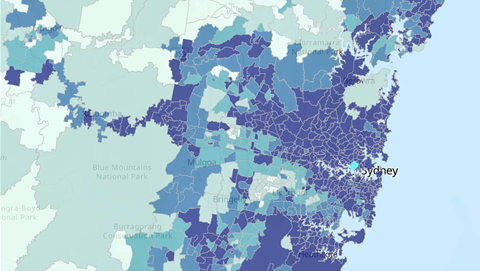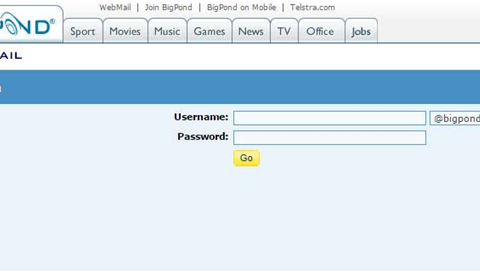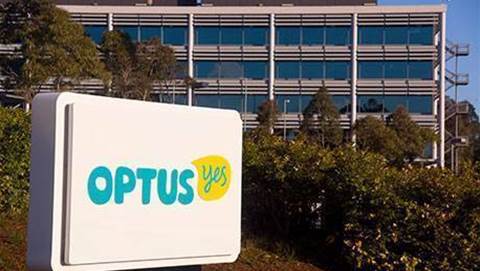NSW Government agencies are paying too much for telecommunications services and equipment as a result of inadequate contract and expense management processes, the state's auditor has found.
The NSW Auditor-General investigated six NSW agencies [pdf] to assess whether they were achieving value for money from their telco arrangements, and found most were failing to market test prices, negotiate better prices with suppliers, implement the correct processes to monitor usage, and most lacked staff with the right skills and experience to get the best value for money.
“Most just took the ceiling price in the government telecommunications agreement,” NSW Auditor-General Grant Hehir found.
Of the six, only one agency - Essential Energy - was able to demonstrate value for money and active management of its telco contracts.
The NSW audit office examined the state’s Department of Education and Communities, Fire and Rescue, shared services body Businesslink, Sydney Trains, the Forestry Corporation, and Essential Energy in light of changes to the government technology arrangements (GTA), which were replaced by a new state telecommunications framework in April this year.
Agencies had previously been required to use the GTAs when procuring telco services. Since the end of March, telco procurements are now made under a new dedicated category of the state’s open-ended ICT Services Scheme.
This means it is now up to individual agencies to negotiate value for money, with the optional assistance of a specialist private sector telco broker appointed by the state earlier this year.
The government's ICT procurement working group, in co-operation with appointed broker Housley Consulting, are said to have saved $3.6 million over the last 12 months by scrutinising 13 telco proposals to get better deals for agencies.
But the six agencies investigated by the Auditor-General are not making proper use of the new assistance, resulting in the waste of procurement dollars.
Telecommunications ranks third on the NSW Government’s list of goods and services expenditure, at around $370 million a year.
In order to clamp down on costly contracts, the surveyed agencies need to stop relying on past services and expenses and find a balance between anticipating needs and relying on outdated procurement practices, the audit found.
They also need to make the most of guidelines governing procurement and contract and expense management in order to get the best value for money - frameworks which only Essential Energy was able to demonstrate it had met.
Only the government-owned electricity operator, as well as Fire and Rescue for the most part, were able to prove efficient contract evaluation and selection processes; effective processes for the managing of telecommunications usage and expenditure; planned telco procurements supported by IT strategies reflecting business needs; and procurement capabilities for the new framework.
The remaining agencies were only able to prove they were meeting some of the required capabilities.
Despite achieving value for money for data services - worth about $67 million per year - the Department of Education could not say the same for fixed voice and mobile carriage, for which it pays around $17 million a year.
And although it has the skills and processes in place to achieve value for money, the department failed to utilise these across all telco arrangements, the auditor found.
As a result, Education had foregone agency savings in the last three years thanks to weaknesses in its management and procurement of fixed voice and mobile services.
The office recommended the department extend its procurement skills to fixed voice and mobile arrangements and improve its documentation for planned procurements by June next year.
NSW Businesslink, the embattled shares service provider the state recently considered disbanding, was not able to demonstrate value for money as four of its client agencies had been negotiating telco deals on their own, rather than through the provider.
“This has resulted in inefficient and ineffective processes for telecommunications procurement, contract management and expense monitoring.”
- Making the most of government purchasing power for telecommunications report
It was advised to review all existing telco contracts to identify and address duplication and gaps.
As a result of several organisational changes over the past four years, the telco buying processes at Sydney Trains were currently suffering from gaps and weaknesses, the NSW auditor found.
The agency needed to assign accountability for the management of telco service contracts and ensure it had the right skills to manage them, and make sure the monitoring of usage and expense management was done in a whole-of-agency approach, the auditor recommended.


























